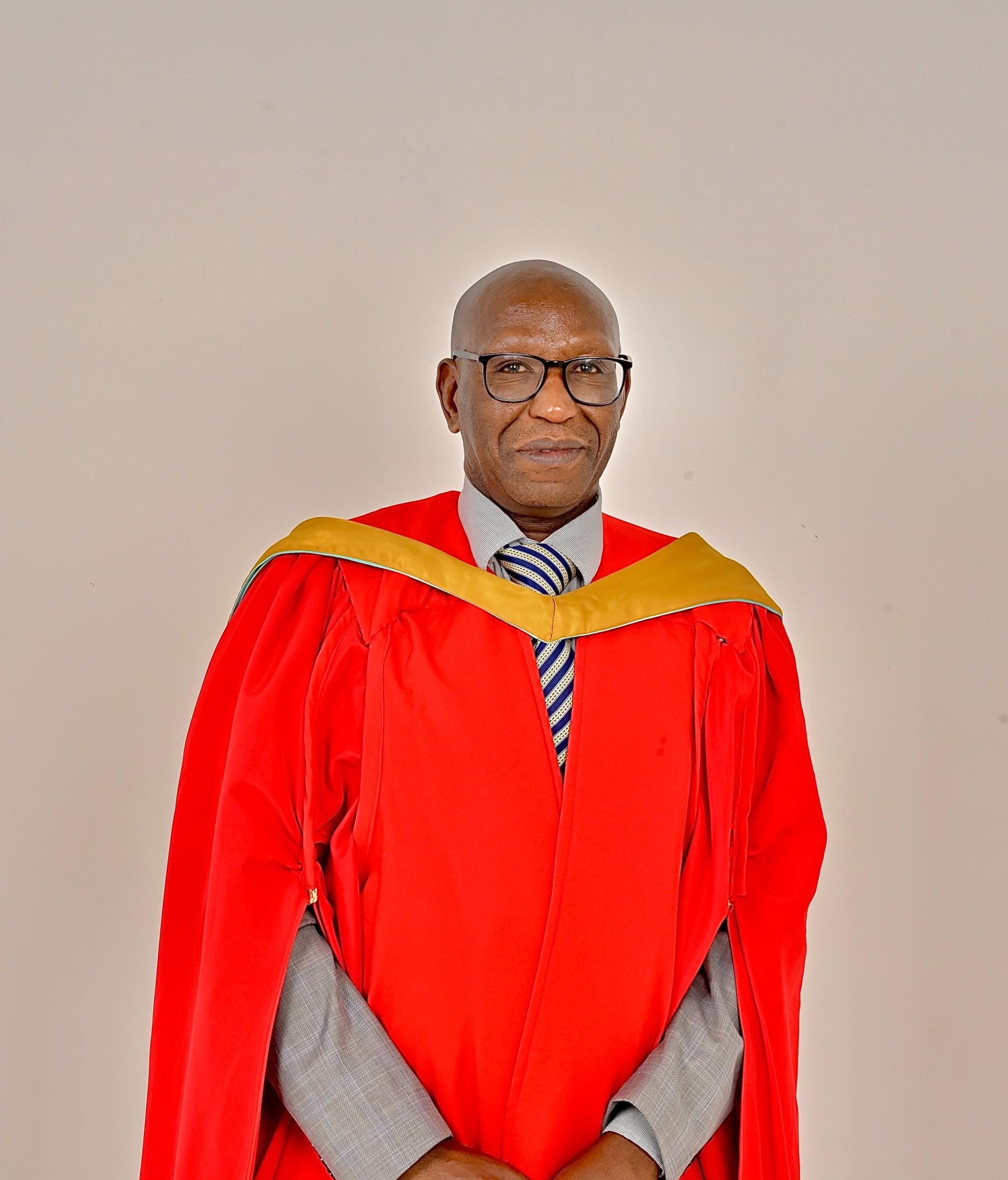PROFESSOR EXPLORES CULTURAL INTERVENTIONS IN THE BATTLE AGAINST HIV/AIDS

Walter Sisulu University Social Sciences researcher, Professor Simon Murote Kang’ethe recently delivered a captivating inaugural lecture at Mthatha Campus that explored various contradictory aspects within cultural approaches to address issues such as HIV/AIDS and other social challenges in South Africa.
The lecture by the Faculty of Law, Humanities, and Social Sciences professor was titled: “Paradoxes of Cultural Interventions in the Fight Against HIV/AIDS and Other Social Ills in South Africa.”
“Despite billions of investments in antiretroviral programmes, the country faces a variety of hurdles in the fight against HIV/AIDS, such as stigma, gender-based violence, and a failure to meet the Joint United Nations Programme on HIV and AIDS (UNAIDS) targets to treat HIV/AIDS,” said Kang’ethe.
The UNAIDS “90-90-90” target aimed for 90% of those living with HIV to know their status, 90% of diagnosed individuals to receive Antiretroviral Therapy (ART), and 90% of those on ART to achieve viral suppression by 2020.
However, upon reflecting on data from 2017, Kang’ethe said the increase in HIV/AIDS infections and AIDS-related infections and deaths presented both perfidious and pernicious repercussions, especially for a country that spends approximately R280 Billion annually in antiretroviral (ARV) programmes.
“In 2022, with 39 million global HIV/AIDS cases, an estimated 25 million individuals in sub-Saharan Africa were affected, including 8.45 million in South Africa, where the Eastern Cape Province reported the third-highest HIV prevalence rate of 25.2% in 2017, contributing to the country's high mortality in this global health challenge,” he said.
In his 2021 paper on gender nuances and the HIV/AIDS campaign in the Alice region of the Eastern Cape, Kang’ethe attributes gender-based violence to patriarchal power dynamics, resulting in the emasculation of women’s sexual health rights and contributing to the feminization of HIV/AIDS, with higher incidences observed among women than men.
“In many cultures in Africa, there are stereotypes that a real man is not satisfied by one woman and the society has proverbs to justify a man’s engagement with multiple partners and, unfortunately, this encourages male promiscuity, and male dominance, and is a platform for increased vulnerability to HIV/AIDS and gender gender-based violence.”
Kang’ethe highlighted cultural elements influencing the battle against HIV/AIDS and societal challenges, highlighting the significance of traditional male circumcision (TMC), the effective role of traditional healers in treating certain HIV/AIDS-related opportunistic infections, and the embrace of Ubuntu principles.
“Since circumcision has empirically been proven to reduce HIV/AIDS prevalence by 60%, the government needs to stage countrywide campaigns to educate all to accept circumcision as a viable avenue to raise the HIV/AIDS response.”
By Ongezwa Sigodi
